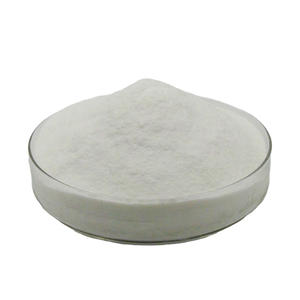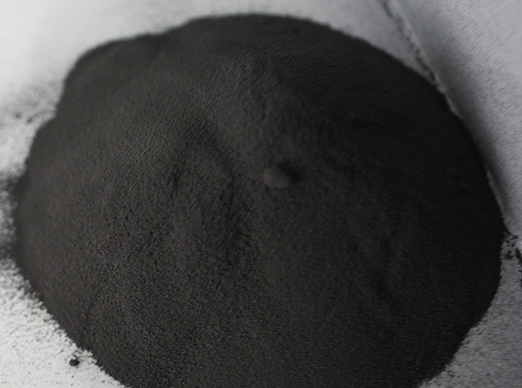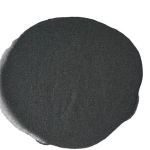Professional and high-quality metal alloys, ceramic products and concrete additives | RBOSCHCO
PRODUCT PARAMETERS
Description
Overview of Titanium Carbide Nanoparticles (Nano TiC Powder)
Titanium carbide nanoparticles, typically described as Nano TiC powder, are innovative ceramic nanomaterials with one-of-a-kind physical and chemical buildings. These nanoparticles, made up of titanium and carbon atoms, display extraordinary firmness, put on resistance, and high-temperature security. The powder type of TiC nanoparticles permits effortless combination right into different products, improving their mechanical, tribological, and thermal buildings.
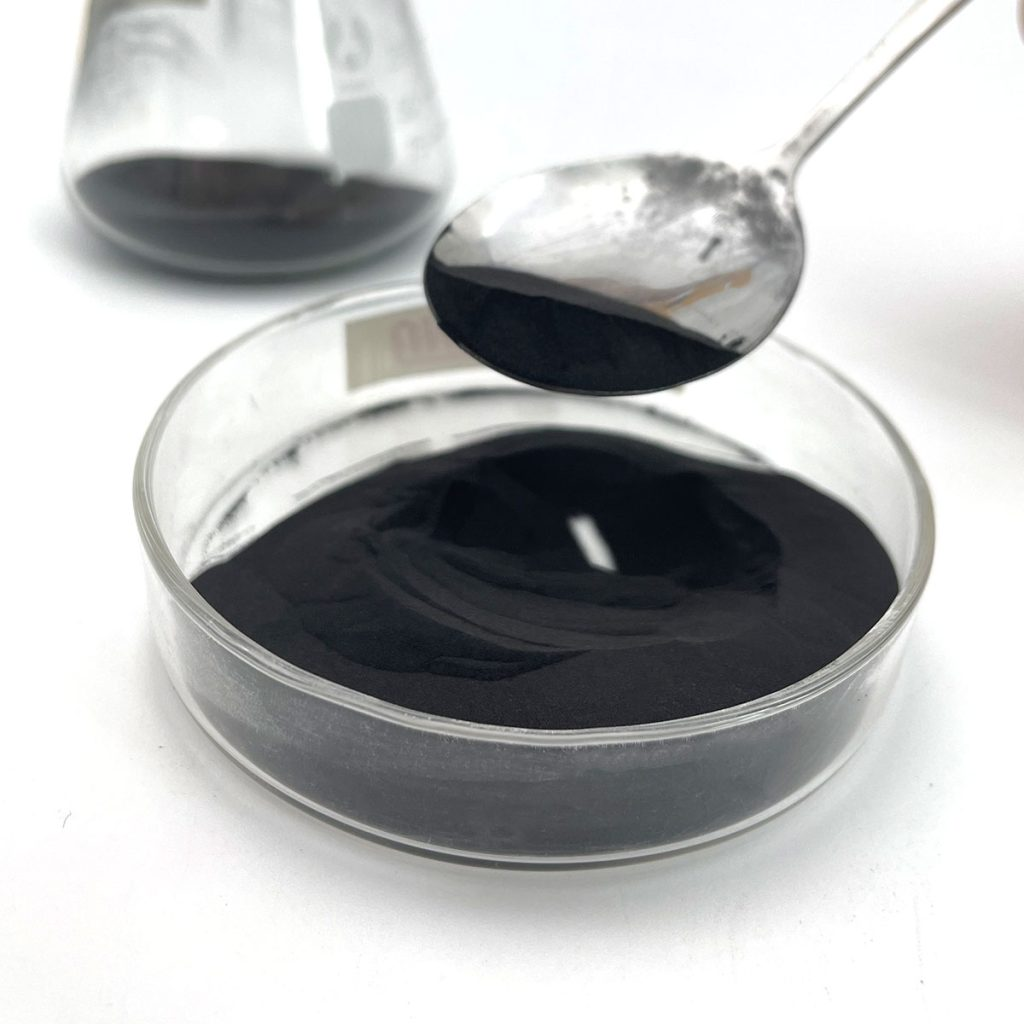
(Titanium carbide nanoparticle)
Characteristics of Titanium Carbide Nanoparticles
Extraordinary Firmness: Nano TiC powder flaunts among the greatest firmness worths amongst ceramic products, making it an excellent support for composite products looking for enhanced wear resistance. High Thermal Security: Titanium carbide nanoparticles preserve their architectural stability also at raised temperature levels, guaranteeing resilience in high-temperature applications. Outstanding Use Resistance: The firmness and chemical inertness of Nano TiC powder make it a reliable product for lowering wear in mechanical parts. Extremely Conductive: These nanoparticles show excellent electric and thermal conductivity, improving the efficiency of products in digital and thermal administration applications. Nanoscale Capacities: The nanoscale dimension of the fragments permits exact control over product residential properties, making it possible for brand-new applications in nanotechnology and products scientific research.
Parameter table of Titanium Carbide Nanoparticles
| Titanium Carbide Properties | |
| Other Names | titanium(IV) carbide, TiC powder |
| CAS No. | 12070-08-5 |
| Compound Formula | TiC |
| Molecular Weight | 40.1 |
| Appearance | Black Powder |
| Melting Point | 3160 °C |
| Boiling Point | 4820 °C |
| Density | 4.93 g/cm3 |
| Solubility in H2O | N/A |
| Exact Mass | 59.947946 |
| Titanium Carbide Health & Safety Information | |
| Signal Word | N/A |
| Hazard Statements | N/A |
| Hazard Codes | N/A |
| Risk Codes | N/A |
| Safety Statements | N/A |
| Transport Information | N/A |
Application of Titanium Carbide Nanoparticles
Reducing Devices and Use Components: Nano TiC powder is utilized to improve the resilience and use resistance of reducing devices and use components, prolonging their life span for sought-after applications.
Ceramic Compounds: Titanium carbide nanoparticles are integrated right into ceramic compounds to boost their firmness, sturdiness, and resistance to thermal shock.
Coatings and Thin Films: Nano TiC powder can be utilized to produce wear-resistant coverings and slim movies on surface areas, securing them from abrasion and deterioration.
Digital Tools: The high conductivity of titanium carbide nanoparticles makes them beneficial in digital gadgets, such as semiconductors and warmth sinks, for boosting efficiency and thermal administration.
Nanotechnology Applications: The unique residential properties of Nano TiC powder make it a valuable product for nanotechnology applications, consisting of nanomaterials, nanodevices, and nanomedicine.
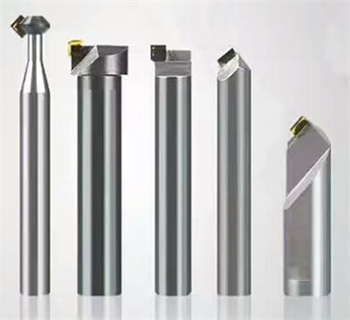
Cutting Tools and Wear Parts
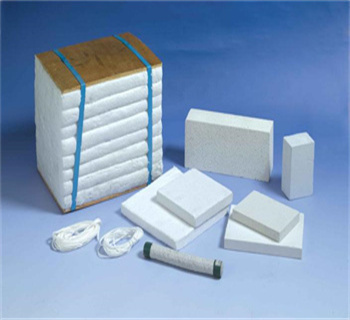
Ceramic Composites

Coatings and Thin Films

Electronic Devices

Nanotechnology Applications
Production Method of Titanium Carbide Nanoparticles
Carbothermal Reduction Method: Titanium dioxide ($TiO_2$) or other titanium-containing compounds mixed with carbon sources such as graphite or carbon black. The mixture is heated to 1400 – 1800°C in an inert atmosphere. Carbon reduces the titanium compound to form titanium carbide nanoparticles through a series of chemical reactions.
Chemical Vapor Deposition (CVD): Titanium halides like titanium tetrachloride ($TiCl_4$) and hydrocarbon gases are used as reactants. They are introduced into a reaction chamber and react at 1000 – 1300°C in the presence of a catalyst and an inert gas. The reaction leads to the deposition of titanium carbide nanoparticles on the substrate surface.
Mechanical Alloying: Titanium and carbon powders are mixed and subjected to high-energy ball milling. The mechanical energy from the milling process causes the powders to interact and form titanium carbide nanoparticles. The process is usually carried out in an inert gas atmosphere to prevent oxidation and can take tens to hundreds of hours
Company Profile
RBOSCHCO is a trusted global chemical material supplier & manufacturer with over 12-year-experience in providing super high-quality chemicals and nanomaterials, including boride powder, nitride powder, graphite powder, sulfide powder, 3D printing powder, etc.
The company has a professional technical department and Quality Supervision Department, a well-equipped laboratory, and equipped with advanced testing equipment and after-sales customer service center.
If you are looking for high-quality Titanium Carbide Nanoparticles, please feel free to contact us or click on the needed products to send an inquiry.

Storage Condition of Titanium Carbide Nanoparticles
- Temperature level: The storage space temperature level needs to be kept at around 15 – 25 ° C. Extreme temperature levels might create modifications in the physical and chemical buildings of the nanoparticles.
- Moisture: They ought to be kept in an arid atmosphere with a loved one moisture of less than 40%. High humidity can cause the adsorption of water particles externally of the nanoparticles, which might influence their efficiency and security, and might also create hydrolysis in severe instances.
- Air Rigidity: Shop titanium carbide nanoparticles in impermeable containers or product packaging. This is to avoid contact with air, specifically oxygen, which can create oxidation of the nanoparticles, hence modifying their structure and buildings. It is a good idea to load the containers with inert gases like argon or nitrogen to develop a safe environment.
- Splitting Up from Responsive Materials: Maintain them far from solid acids, solid antacids, and various other responsive compounds to stay clear of chain reactions that might harm the nanoparticles. Shop them in a different location from compounds that might respond to them.
Payment Term
L/C, T/T, Western Union, Paypal, Credit Card etc.

Shipment Term
By sea, by air, by express, as customers request.
5 FAQs of Titanium Carbide Nanoparticles
Q1:
What are the primary uses of titanium carbide nanoparticles?
Re: Titanium carbide nanoparticles are primarily utilized to boost the mechanical, tribological, and thermal homes of products. They are included right into reducing devices, put on components, and ceramic compounds to enhance wear resistance, firmness, and toughness. Furthermore, they discover applications in layers, slim movies, and digital gadgets as a result of their conductivity and thermal security.
Q2:
How are titanium carbide nanoparticles produced?
Re: Titanium carbide nanoparticles are generally created making use of high-energy sphere milling or chemical vapor deposition techniques. These procedures enable specific control over fragment shapes and size, leading to nanoscale fragments with constant buildings.
Q3:
Are titanium carbide nanoparticles safe to handle?
Re: Titanium carbide nanoparticles are typically taken into consideration as secure to manage, as they are chemically inert and safe. Nevertheless, like any nanomaterial, it is critical to comply with security procedures, consisting of using safety tools and exercising excellent health to decrease any kind of prospective dangers.
Q4:
What are the challenges in using titanium carbide nanoparticles?
Re: Among the obstacles in the operation of titanium carbide nanoparticles is their high expense compared to conventional products. Furthermore, incorporating them right into products can need specific handling methods and tools. Moreover, the nanoscale dimension of the fragments can posture handling and diffusion obstacles.
Q5:
How do titanium carbide nanoparticles improve the performance of cutting tools?
Re: Titanium carbide nanoparticles boost the efficiency of reducing devices by improving their solidity and resistance. The enhancement of these nanoparticles to device products decreases rubbing and put on throughout reducing procedures, expanding the device’s life span and boosting its reducing performance.
REQUEST A QUOTE
RELATED PRODUCTS

Titanium Nanoparticles Nano Ti Powder CAS 7440-32-6
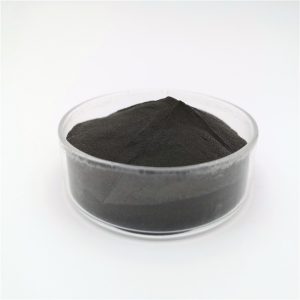
Cobalt Nanoparticles Nano Co Powder CAS 7440-48-4

99.9% Iron Element Pure Nano Iron Powder Fe Nanoparticles Price

Metallic Materials Nano Zirconium Carbide ZrC Alloy Materials Zirconium Carbide with CAS 12070-14-3

Supply High Purity 99% Boron Powder B Nanoparticle
